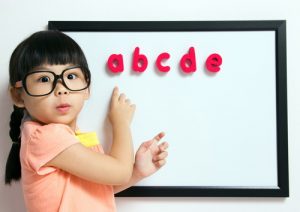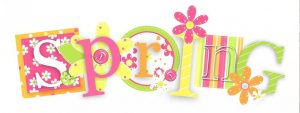Does your child have difficulty with hand-eye coordination or playing sports? It could be a visual motor integration problem
When a child incorrectly perceives the information their eyes are relaying to their brain, their body will react with an inappropriate motor response.
Visual motor integration is crucial for activities that require the body to respond to visual information, such as eye-hand coordination and playing sports.
Schedule an evaluation with a vision therapy eye doctor who can help improve any visual problems your child may have.
SEE RELATED: Visual Form Constancy
What is visual motor integration?
The ability to interpret visual information and respond with a motor action is visual motor integration. For example, you see a ball and you respond by moving your hands to catch the ball.
Visual motor integration is essential for the development of their fine motor and gross motor skills.
Signs of poor visual motor integration
Your child might have trouble with visual motor integration if they exhibit some of the following visual processing symptoms:
- Difficulty staying within the lines when coloring
- Difficulty catching or kicking a ball
- Trouble fastening buttons or tying shoelaces
- Difficulty copying from the board
- Poor handwriting
- Trouble in geometry and lining up math problems
If you suspect a problem in your child’s vision, contact an eye doctor near you, to have your child’s vision evaluated.
How vision therapy can help
Vision therapy can improve visual motor integration skills through eye exercises that help retrain the eyes and brain to work together.
These exercises will help them improve their fine motor and gross motor skills to improve their body coordination and enhance their enjoyment of participating in sports.
LEARN MORE: Guide to Vision and Learning Difficulties
Schedule an eye exam with an eye doctor near you who can diagnose and treat any vision problems your child may have.










